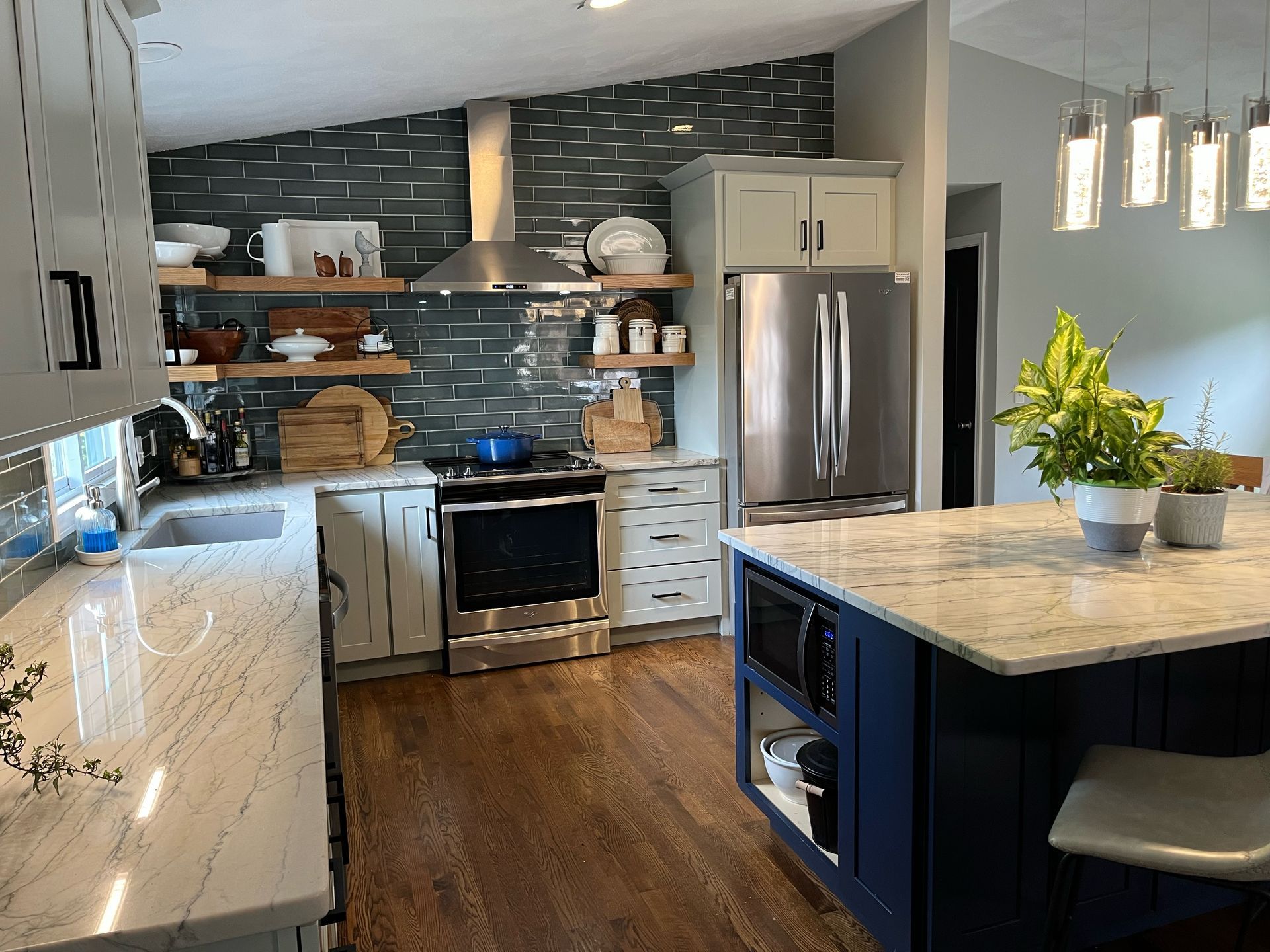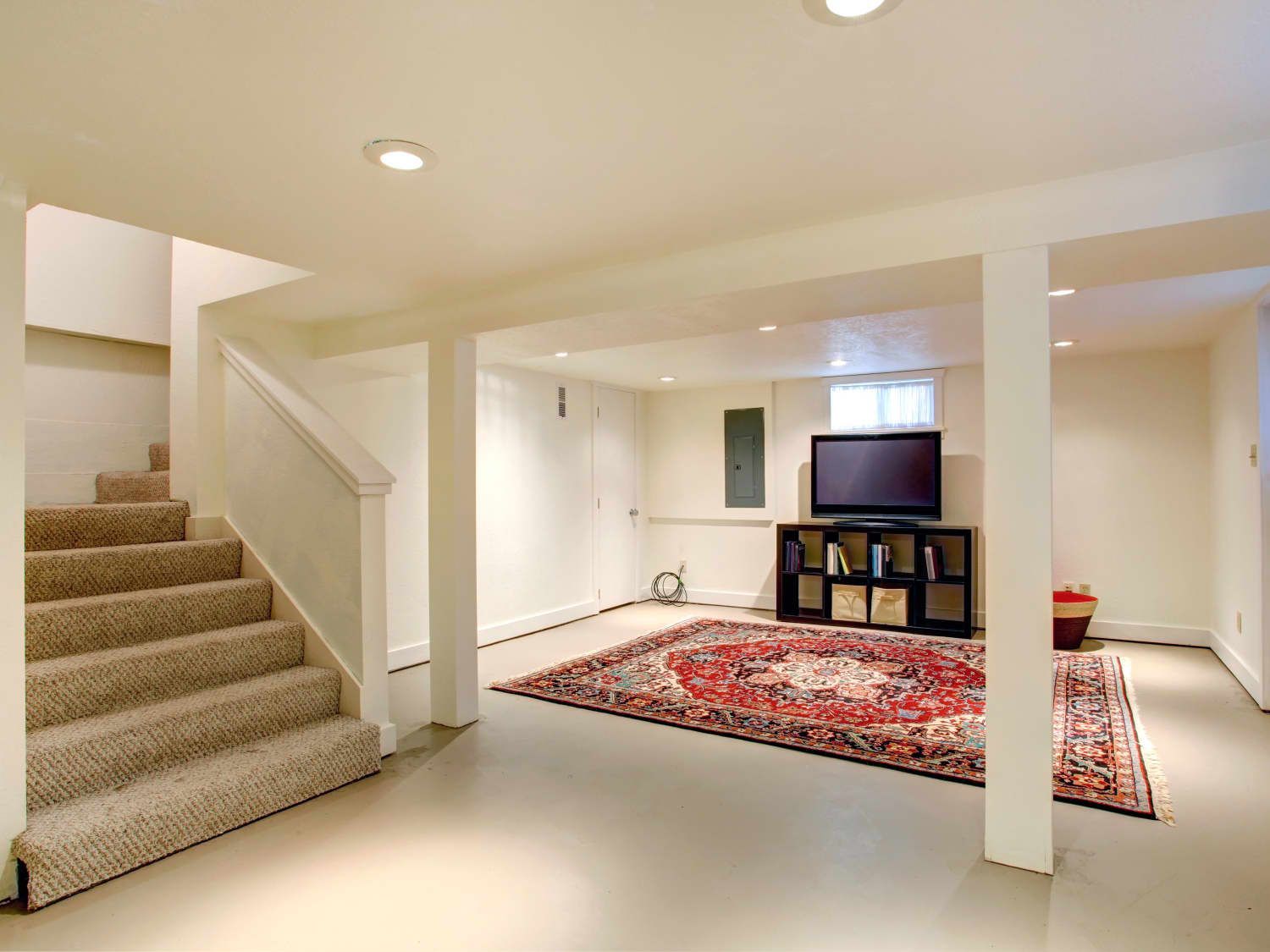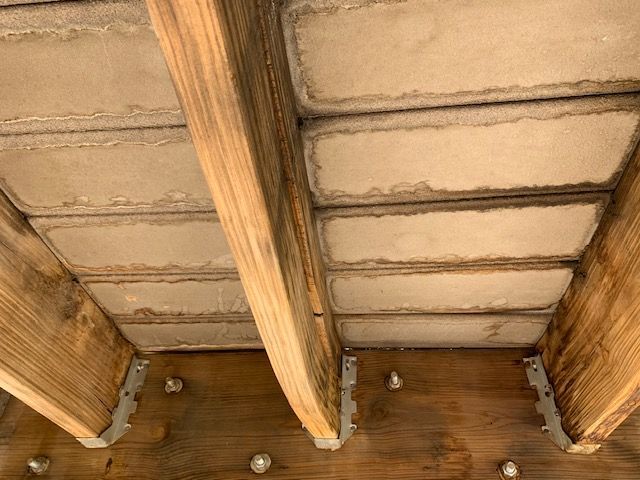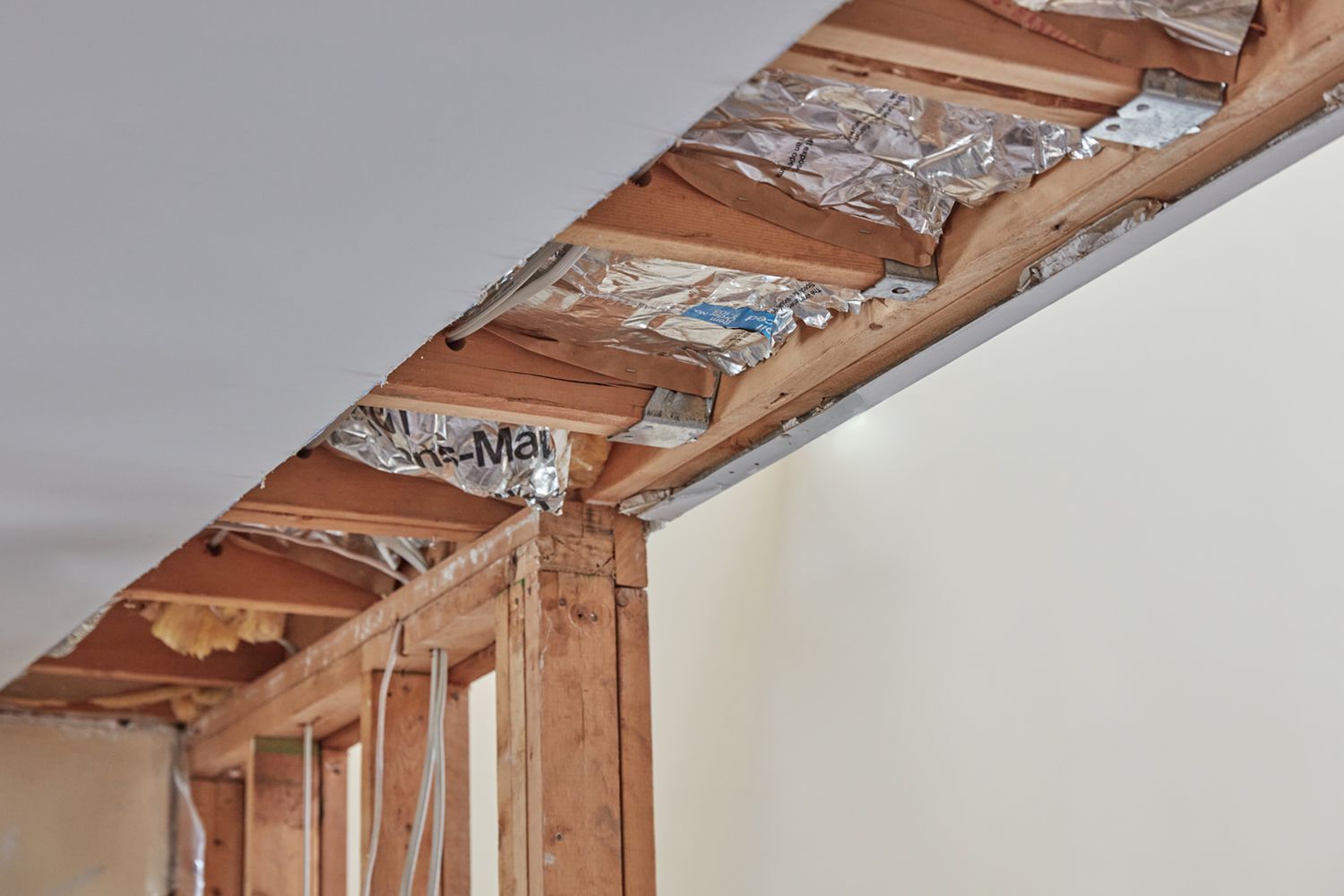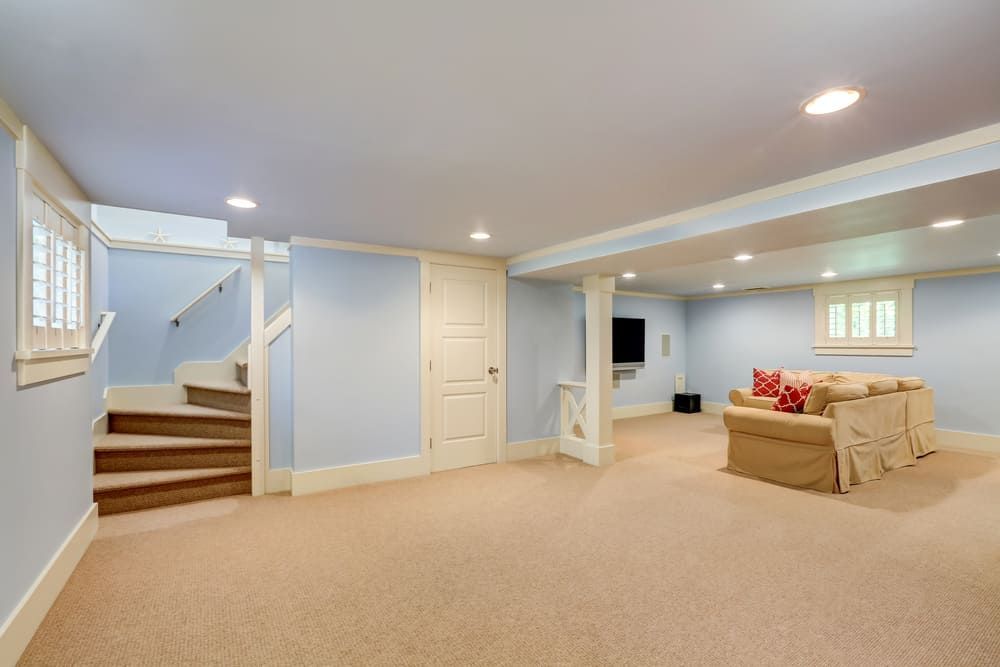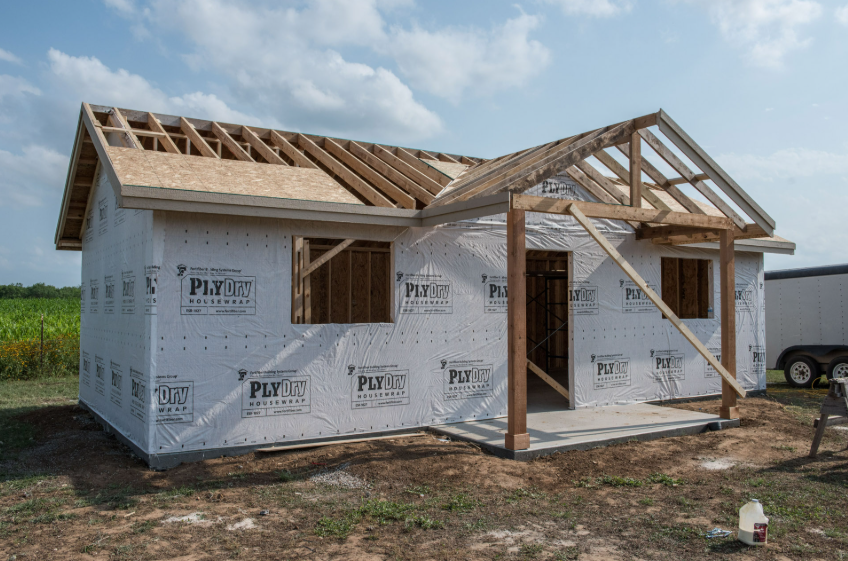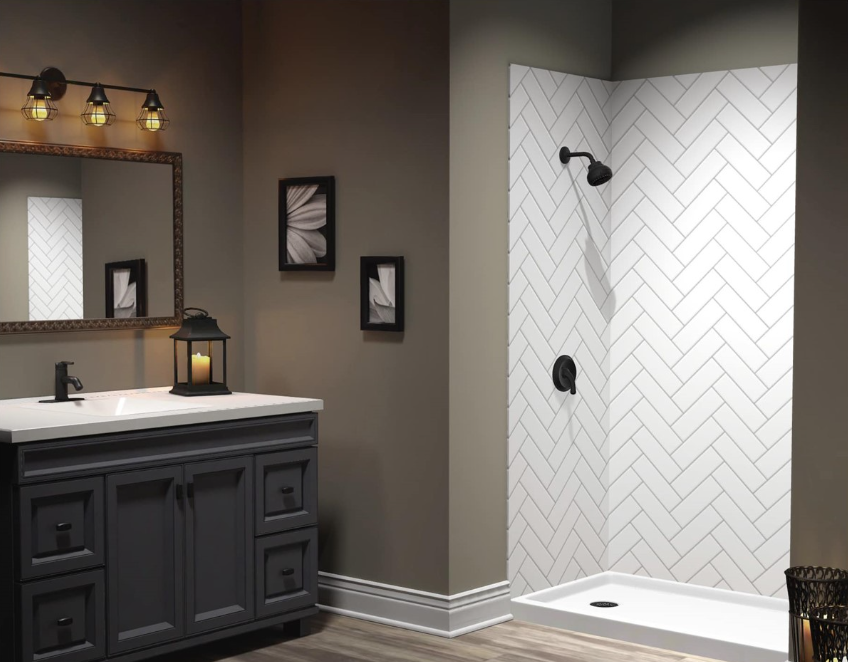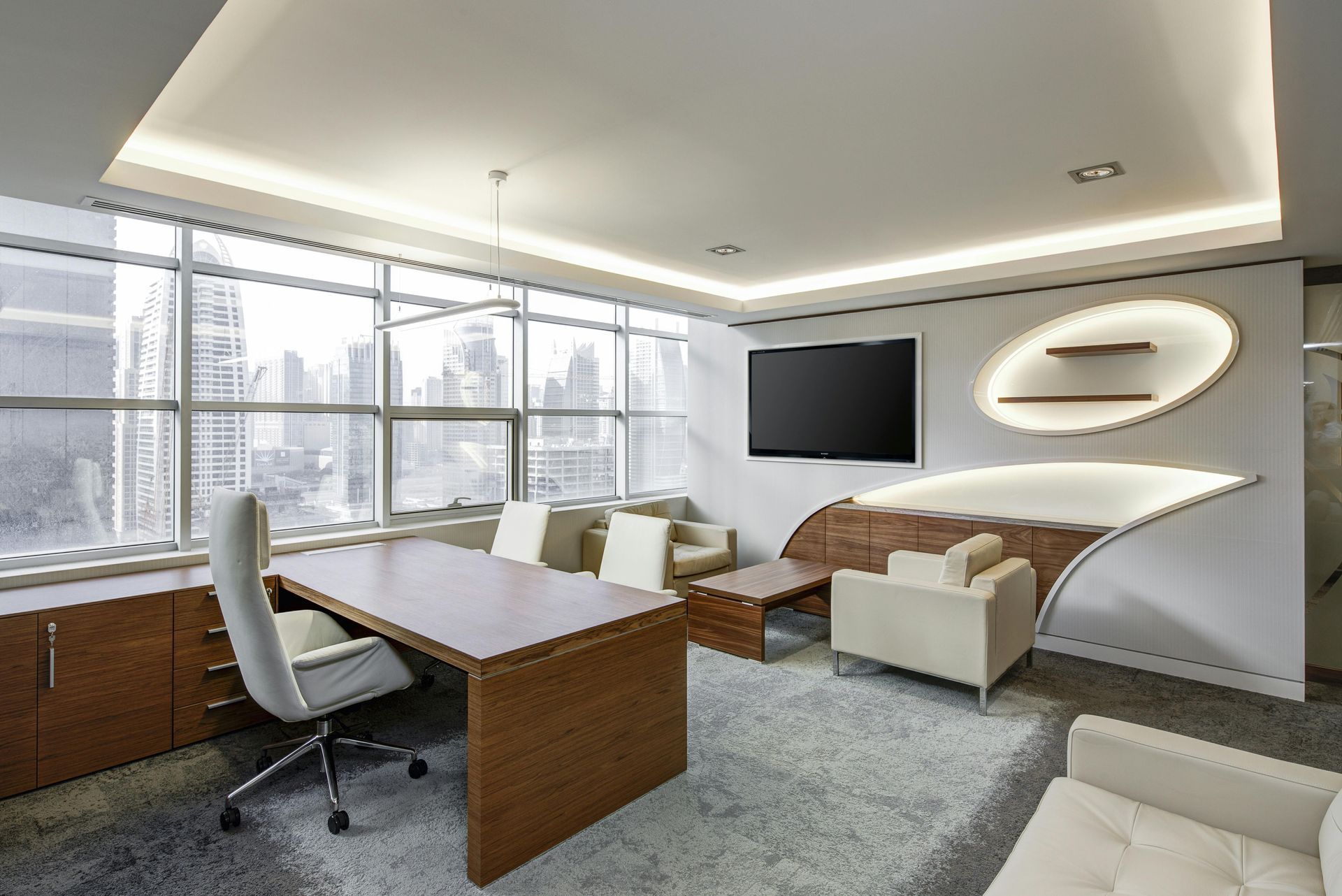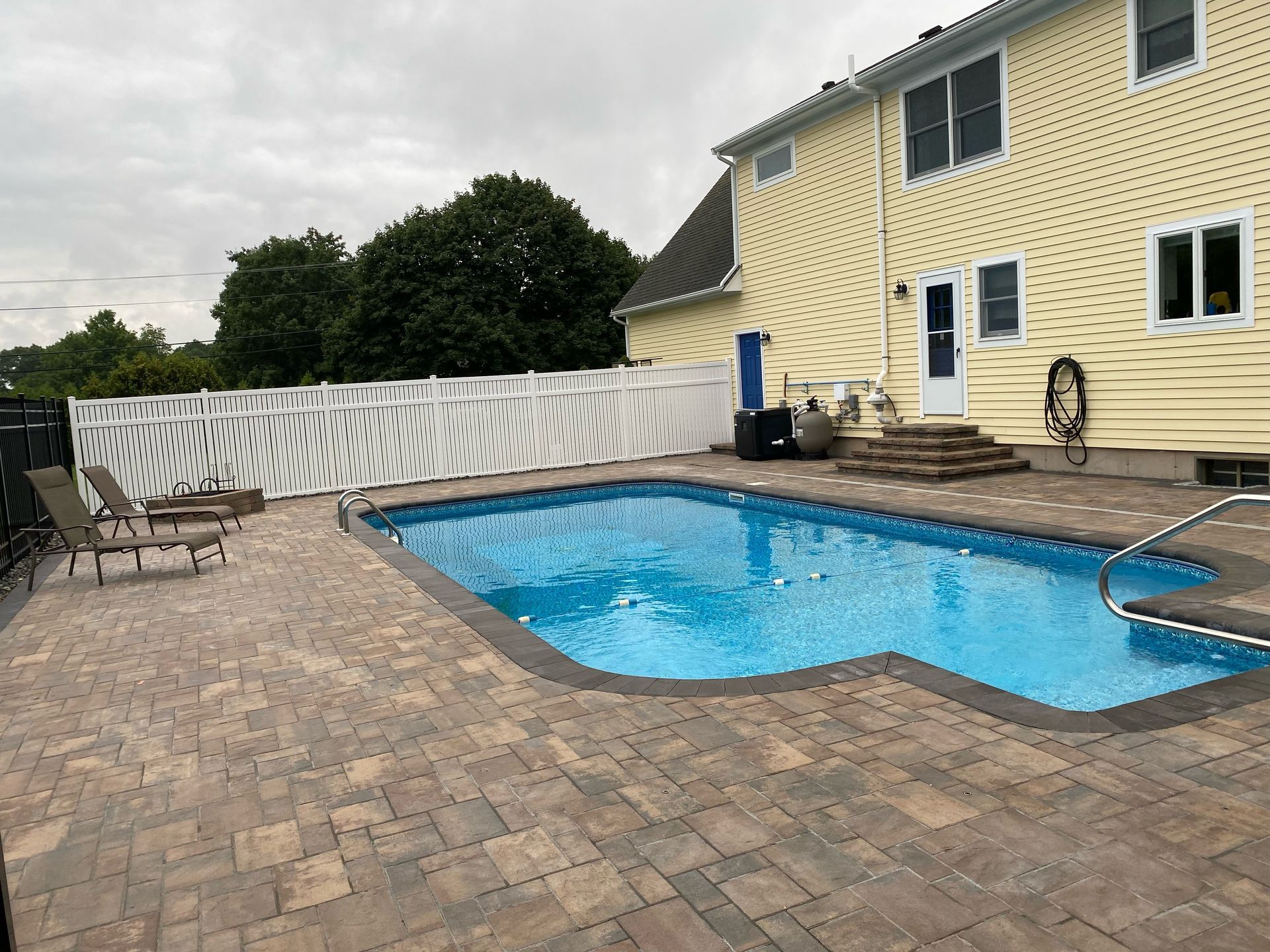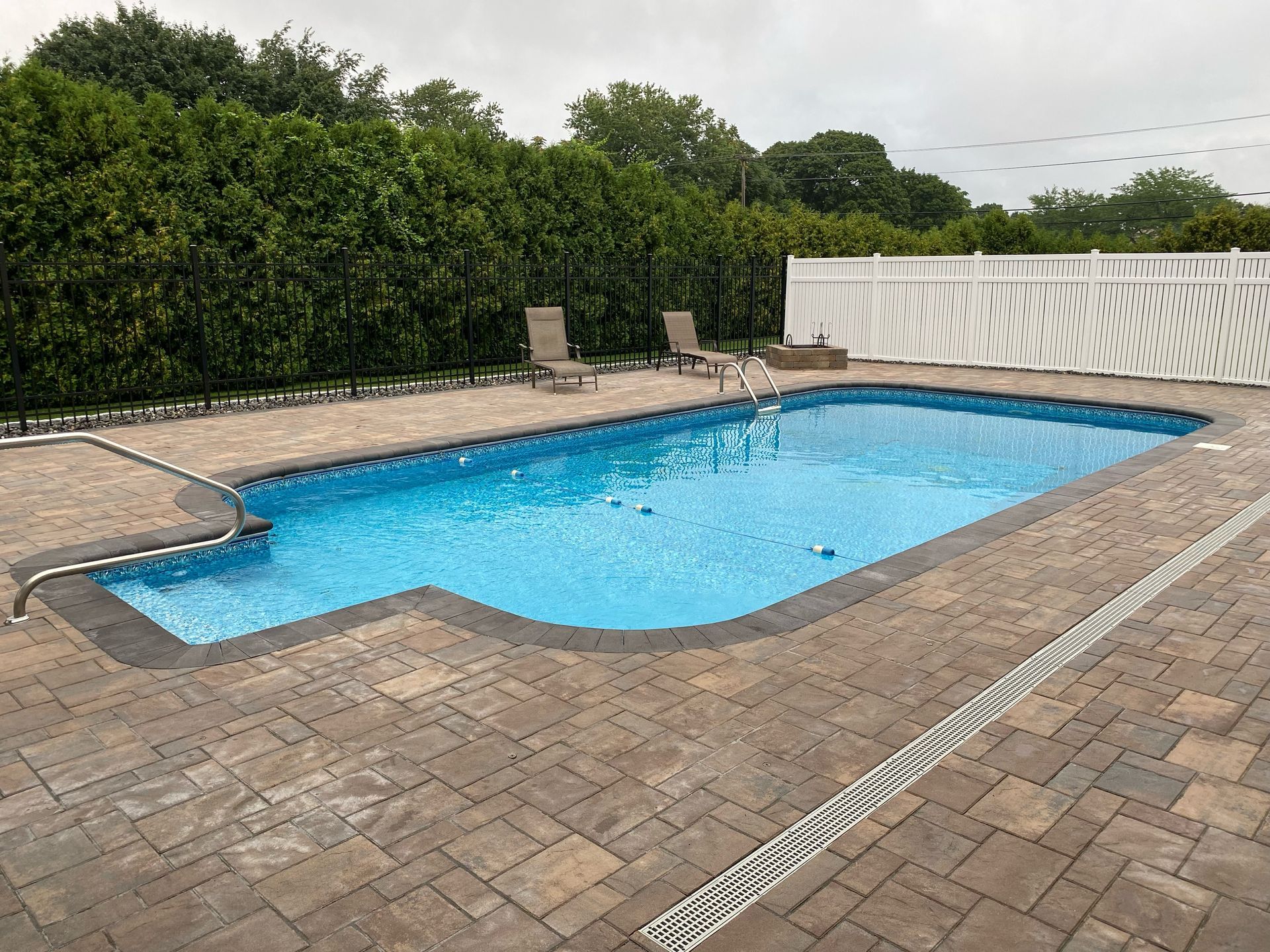In-Law Suite Addition: RI Design Guide
An in-law suite addition is one of the most valuable home improvements you can make in Rhode Island. Whether you're caring for aging parents, creating space for adult children, or adding rental income potential, a well-designed accessory dwelling unit (ADU) can transform your property while significantly increasing its value.
What Is an In-Law Suite?
An in-law suite, also called an accessory apartment or ADU, is a self-contained living space added to your existing home. In Rhode Island, these additions typically include a private bedroom, bathroom, kitchenette, and living area, allowing family members to maintain independence while staying close to loved ones.
Rhode Island Zoning and Building Requirements for In-Law Suites
Before starting your in-law suite project in Rhode Island, understanding local regulations is essential.
Rhode Island State Regulations
Rhode Island law encourages accessory dwelling units through legislation that makes it easier for homeowners to add in-law suites. Most Rhode Island communities must allow ADUs on single-family residential properties, though specific requirements vary by municipality.
Local Permitting Requirements
Each Rhode Island city and town has specific zoning ordinances for in-law suites:
Providence allows ADUs with building permits and requires adequate parking. The suite must meet building codes for separate living quarters.
Warwick permits accessory apartments with special use permits in most residential zones, with size restrictions typically limiting the suite to 800-1,000 square feet.
Cranston requires conditional use permits for in-law suites, with specific parking and setback requirements.
Pawtucket and East Providence have streamlined ADU approval processes, making them particularly favorable for in-law suite additions.
Newport, Barrington, and Bristol have historic district considerations that may affect exterior design choices.
Always check with your local building department before beginning design work. Most Rhode Island municipalities require:
- Building permits for all structural additions
- Electrical and plumbing permits
- Zoning approval or variance if needed
- Separate entrance requirements in some communities
- Off-street parking (typically one additional space)
- Compliance with septic system capacity or sewer connection requirements
Design Considerations for Rhode Island In-Law Suites
Climate-Appropriate Construction
Rhode Island's coastal climate requires specific design considerations:
Insulation: With cold winters and humid summers, proper insulation is critical. Use minimum R-21 wall insulation and R-49 attic insulation to meet Rhode Island energy codes.
Heating Systems: Mini-split heat pumps are popular for Rhode Island in-law suites, offering efficient heating and cooling in one system. Radiant floor heating paired with a separate AC unit is another excellent option for Rhode Island's climate.
Moisture Control: Rhode Island's humidity requires proper vapor barriers, adequate ventilation, and moisture-resistant materials to prevent mold growth.
Storm Resilience: If you're near the coast, consider elevated construction and impact-resistant windows to protect against nor'easters and hurricanes.
Size and Layout Options
Compact Suite (400-600 sq ft): Perfect for Providence and other urban Rhode Island areas with smaller lots. Includes bedroom, bathroom, and kitchenette with combined living space.
Standard Suite (600-800 sq ft): The most common size in Rhode Island suburbs like Warwick, Cranston, and East Greenwich. Offers separate bedroom, full bathroom, kitchen, and living area.
Luxury Suite (800-1,200 sq ft): Popular in Barrington, Bristol, and South County. Features multiple rooms, full kitchen, laundry, and sometimes two bedrooms.
Attached vs. Detached In-Law Suites in Rhode Island
Attached additions are more common in Rhode Island due to:
- Lower construction costs (shared walls and utilities)
- Easier utility connections
- Better for Rhode Island winters (no need to go outside)
- Faster permitting in most Rhode Island municipalities
Detached ADUs work well when:
- Your Rhode Island property has space setbacks
- You want maximum privacy
- Local zoning requires it
- You plan to use it as a rental unit
Essential Features for Rhode Island In-Law Suites
Accessibility: With many Rhode Island families building in-law suites for aging parents, incorporate:
- Zero-step entries
- 36-inch wide doorways
- Curbless showers with grab bars
- Lever-style door handles
- First-floor living (crucial for Rhode Island's multi-level homes)
Kitchen Design: Rhode Island building codes require:
- Proper ventilation for cooking areas
- GFCI outlets near water sources
- Adequate lighting and electrical capacity
- Compliance with residential building codes
Bathroom Requirements: Must include:
- Proper ventilation (fan vented to exterior)
- Water-resistant materials
- GFCI protection
- Compliance with Rhode Island plumbing codes
Separate Entrance: Most Rhode Island communities prefer or require a separate entrance for in-law suites. This can be:
- A side entrance with dedicated pathway
- A rear entrance with patio access
- A covered entryway for Rhode Island's rainy weather
Cost of Building an In-Law Suite in Rhode Island
Construction costs in Rhode Island are higher than the national average due to labor costs, material expenses, and strict building codes.
Budget Range Estimates:
- Basic attached suite (400-600 sq ft): $80,000-$150,000
- Standard attached suite (600-800 sq ft): $150,000-$250,000
- Luxury suite (800-1,200 sq ft): $250,000-$400,000+
- Detached ADU: Add 20-30% to above costs
Cost factors specific to Rhode Island include:
- Foundation work on Rhode Island's rocky soil
- Septic system upgrades in rural areas
- Historic district requirements in Newport, Providence, and other heritage areas
- Coastal building requirements in shoreline communities
- Energy code compliance
Rhode Island In-Law Suite Benefits
Financial Advantages
Increased Home Value: In Rhode Island's competitive real estate market, homes with in-law suites typically sell for 20-30% more than comparable homes without them.
Rental Income Potential: Rhode Island's housing shortage makes ADUs valuable rental opportunities. Monthly rental income in Providence averages $1,200-$1,800 for in-law suites, while in Newport and South County, rates can exceed $2,000 monthly.
Property Tax Considerations: While your assessment may increase, the added value typically justifies the modest tax increase. Some Rhode Island municipalities offer tax incentives for ADU construction.
Lifestyle Benefits
Multigenerational Living: Rhode Island has a strong tradition of multigenerational households. An in-law suite allows families to stay close while maintaining privacy.
Aging in Place: Instead of moving elderly parents to assisted living facilities (which cost $5,000-$8,000 monthly in Rhode Island), an in-law suite allows them to age safely near family.
College Student Housing: With Brown University, RISD, Providence College, URI, RWU, and Bryant University nearby, many Rhode Island families house college-age children in in-law suites.
Popular In-Law Suite Locations in Rhode Island
Providence: Urban lots require compact, efficient designs. Attached suites with vertical layouts work best.
Warwick: Suburban properties allow more flexibility. Both attached and detached options are popular.
Cranston: Similar to Warwick, with good zoning support for ADUs.
East Greenwich and North Kingstown: Larger lots support spacious, luxury in-law suites.
Barrington and Bristol: Affluent communities where high-end in-law suites add significant value.
South County (Narragansett, Wakefield, Westerly): Coastal properties with in-law suites attract summer rental opportunities.
Newport and Middletown: Historic considerations require careful design, but in-law suites are highly valuable.
Timeline for Rhode Island In-Law Suite Construction
Planning and Permits: 2-4 months
- Design development
- Local zoning approval
- Building permit acquisition
Construction: 4-8 months
- Foundation and framing: 4-8 weeks
- Rough-in (electrical, plumbing, HVAC): 3-4 weeks
- Insulation and drywall: 3-4 weeks
- Finishing (flooring, kitchen, bath): 6-8 weeks
- Final inspections: 1-2 weeks
Rhode Island's winter weather can extend construction timelines by 2-4 weeks. Plan to break ground in spring or early summer for optimal construction conditions.
Choosing the Right Rhode Island Contractor
Working with a contractor experienced in Rhode Island in-law suite construction is essential. Look for:
- Licensed Rhode Island contractors (verify at contractor.ri.gov)
- Experience with local building codes and zoning
- Portfolio of completed ADU projects in Rhode Island
- Knowledge of Rhode Island energy codes and rebate programs
- References from Rhode Island homeowners
- Proper insurance and warranties
Rhode Island Energy Rebates and Incentives
Rhode Island Energy (formerly National Grid) offers rebates for energy-efficient in-law suite construction:
- Heat pump rebates up to $1,250 per unit
- Insulation rebates
- High-efficiency water heater incentives
- Energy-efficient appliance rebates
Check the Rhode Island Energy website for current programs that can reduce your in-law suite construction costs by thousands of dollars.
Frequently Asked Questions
Do I need a variance for an in-law suite in Rhode Island?
Most Rhode Island communities allow ADUs by right, but you may need a variance if your property doesn't meet setback requirements or if you're in a historic district.
Can I rent my Rhode Island in-law suite?
Most Rhode Island municipalities allow in-law suite rentals. Some require owner occupancy of either the main house or the ADU. Check local regulations.
How does an in-law suite affect my property taxes in Rhode Island?
Your assessed value will increase, raising property taxes. However, the increase is typically modest compared to the added home value.
What's the difference between an in-law suite and a home addition in Rhode Island?
An in-law suite is a self-contained living unit with kitchen and bathroom. A regular addition adds space to your existing home without creating a separate dwelling unit.
Start Your Rhode Island In-Law Suite Project Today
An in-law suite addition is a smart investment in Rhode Island's strong real estate market. Whether you're planning for aging parents, creating rental income, or future-proofing your home, a well-designed accessory dwelling unit provides flexibility and value for years to come.
With proper planning, the right contractor, and understanding of Rhode Island's building requirements, your in-law suite can be completed efficiently and become one of the most rewarding home improvements you'll ever make.
Ready to build your in-law suite in Rhode Island?
Rockhouse Construction specializes in accessory dwelling unit design and construction throughout Rhode Island. Our experienced team understands local building codes, zoning requirements, and the unique challenges of Rhode Island construction. From initial design to final inspection, we'll guide you through every step of creating the perfect in-law suite for your family.
Contact us today for a free consultation and discover how we can transform your Rhode Island property with a beautiful, functional in-law suite addition.
